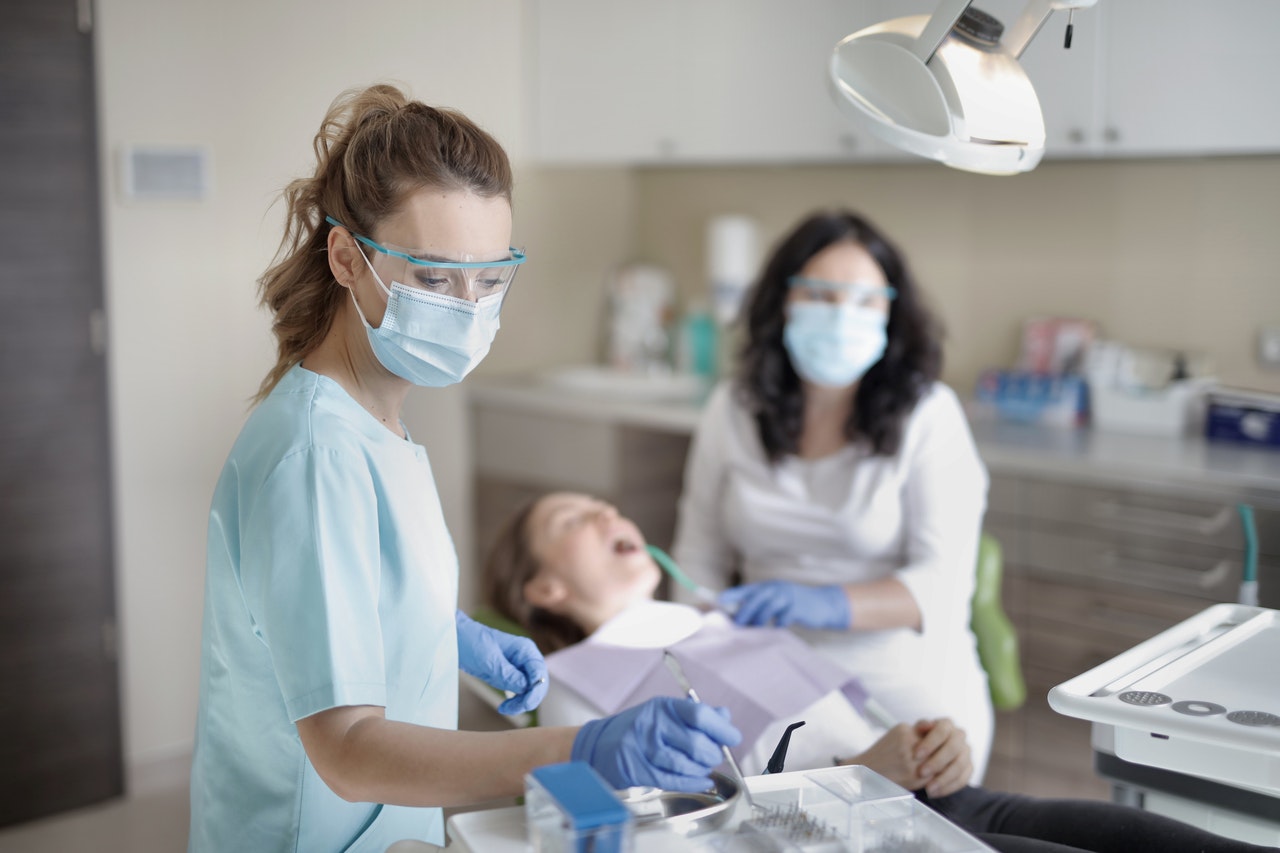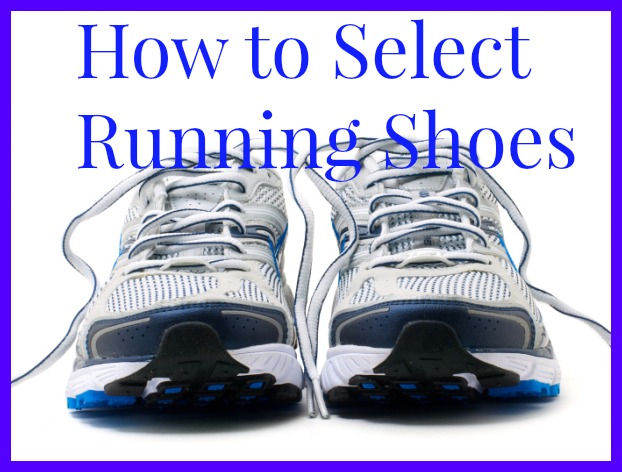When It Hits the Fan: 4 Dos and Dont’s of a Dental Emergency
The ideal emergency is the one avoided. Teeth are not bottle or package openers, nor were they designed to hold flashlights, car keys, clothing, or grocery bags. Chewing on ice or other rock-hard objects is inadvisable. Remind children that teeth are for chewing food and no other purpose. Contact sports require mouth guards. Practice proper daily dental hygiene at home, regular dental appointments, and x-rays may identify issues before they become emergencies. But, in a dental emergency, there are a few essentials to remember.
DO Take Pre-emergency Measures
Emergency medical preparation will reduce anxiety for everyone involved. Keep a stocked dental first-aid kit containing gauze, cotton, floss, tweezers, and a pain reliever recommended by your dentist. Have multiple icepacks ready to reduce pain and swelling. Know which dentist provides 24/7 emergency dental care, and at which location. Keep that number handy, use it when needed, and follow professional advice as to the proper handling, cleaning, and storage of chipped or knocked-out teeth.
DO NOT Panic or Delay
Panic rarely improves a situation. Serenity is as contagious as panic, especially with children. A calm demeanor will elevate the spirit and help reassure the suffering person. The person rendering assistance should do so in a focused, composed manner. If the issue is a sudden or persistent toothache, swelling or sensitivity, do not assume the matter will resolve itself without intervention. Self-medication might provide short-term pain relief, but it does nothing to address any underlying issues. Neglect will probably worsen the condition. For example, medications might dull pain from an infection, but an untreated infection might spread. Instead of risking serious complications, have the issues attended to professionally by your dentist.
DO Render First Aid and Prepare for the Dentist
Use gauze or cotton to stop the bleeding. Avoid using aspirin for pain, as it is an anticoagulant. Visit the hospital emergency room if there are facial injuries, severe bleeding, difficulty breathing, or if an emergency dentist cannot be located. A chipped piece of tooth should be stored in milk or water until the dental appointment, as it may be possible to bond the piece back in place. Similarly, an adult tooth that has been knocked out should be stored in milk or water. If the dentist is seen within one hour, the tooth might be re-inserted. The root of a tooth should not be touched, as it is covered with ultra-sensitive cells that may be damaged. A convenient summary of best-practice dental emergency guidelines can be found here.
DO Go to the Dentist Promptly
The nature of the emergency will dictate the necessity for a prompt visit to the dentist. The dentist will make a recommendation after you have described the symptoms. Extreme pain or swelling calls for immediate attention. An adult tooth that has been knocked out may be reinserted if dental treatment is received quickly. Treatment for a small chip might safely wait for a few days. The key is to make observations and explain them to the dentist.
A dental emergency is never pleasant, but proper knowledge, resources, and a calm demeanor may reduce the stress level. A few minutes of planning, a couple of telephone calls, and a handful of prudent purchases can go a long way in maintaining equilibrium when the emergency arises. While the situation may seem novel to you, remember that your dentist has likely seen it before and has the skills and experience to bring prompt relief. For more tips and information, don’t hesitate to consult the dentist in harrisburg.



One thought on “When It Hits the Fan: 4 Dos and Dont’s of a Dental Emergency”